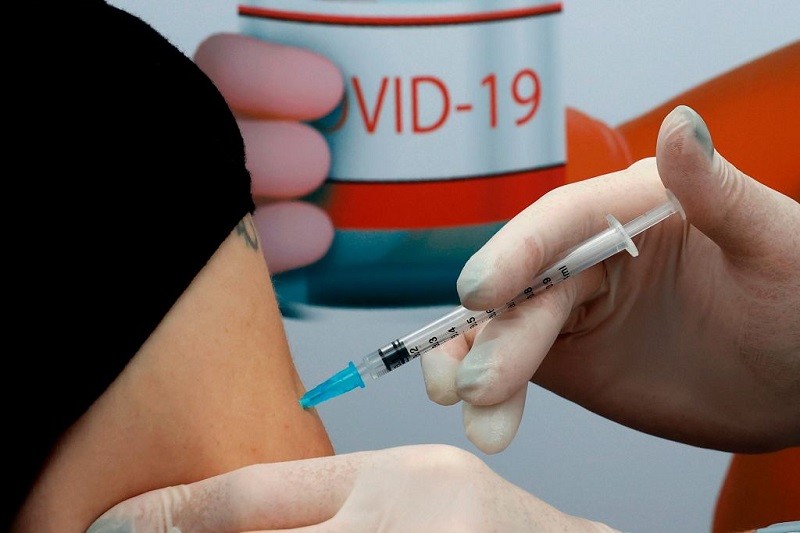As recommended, the second dose of Pfizer / BioNTech should be administered after 3-4 weeks. A UK study by University of Oxford specialists suggests that the immune response in the form of more neutralizing antibodies is better when this interval is extended.
So when is it best to give a second dose? In the UK, as early as December 2020, it was suggested to extend the administration of the second dose of this vaccine to 12 weeks. It was later recommended that this period be shortened to 8 weeks. “I believe that the eight-week interval is optimal” – says one of the main authors of the study, prof. Susanna Dunachie from Oxford.
Oxford University specialists emphasize that due to the longer duration of the second dose (over 3-4 weeks – ed.), The level of neutralizing antibodies is twice as high.
Neutralizing antibodies play an important role in protecting the body against infection, in this case against the SARS-CoV-2 coronavirus. However, the so-called cellular response, i.e. the appropriate production of T-lymphocytes responsible, among others, for destroying cells infected with microbes.
In a study by British specialists, it was found that the levels of Tc lymphocytes (destroying infected cells) were 1.6 times lower after the subsequent administration of the second dose of the Pfizer / BioNTech vaccine. However, the level of the so-called helper Th cells responsible for a longer sustained immune response.
The authors of the study emphasize that it is necessary to take two doses because one does not provide full protection, especially against the more infectious variant, which is Delta spreading around the world. A delay in administering the second dose means that the vaccinated person is not fully protected for a long time, but the end result is better.
According to the data of the government agency Public Health England (PHE), Pfizer / BioNTech is effective in reducing the risk of severe COVID-19 disease, hospitalization and death in vaccinated people after the first dose.
–
Zbigniew Wojtasiński / PAP / Agata C.


